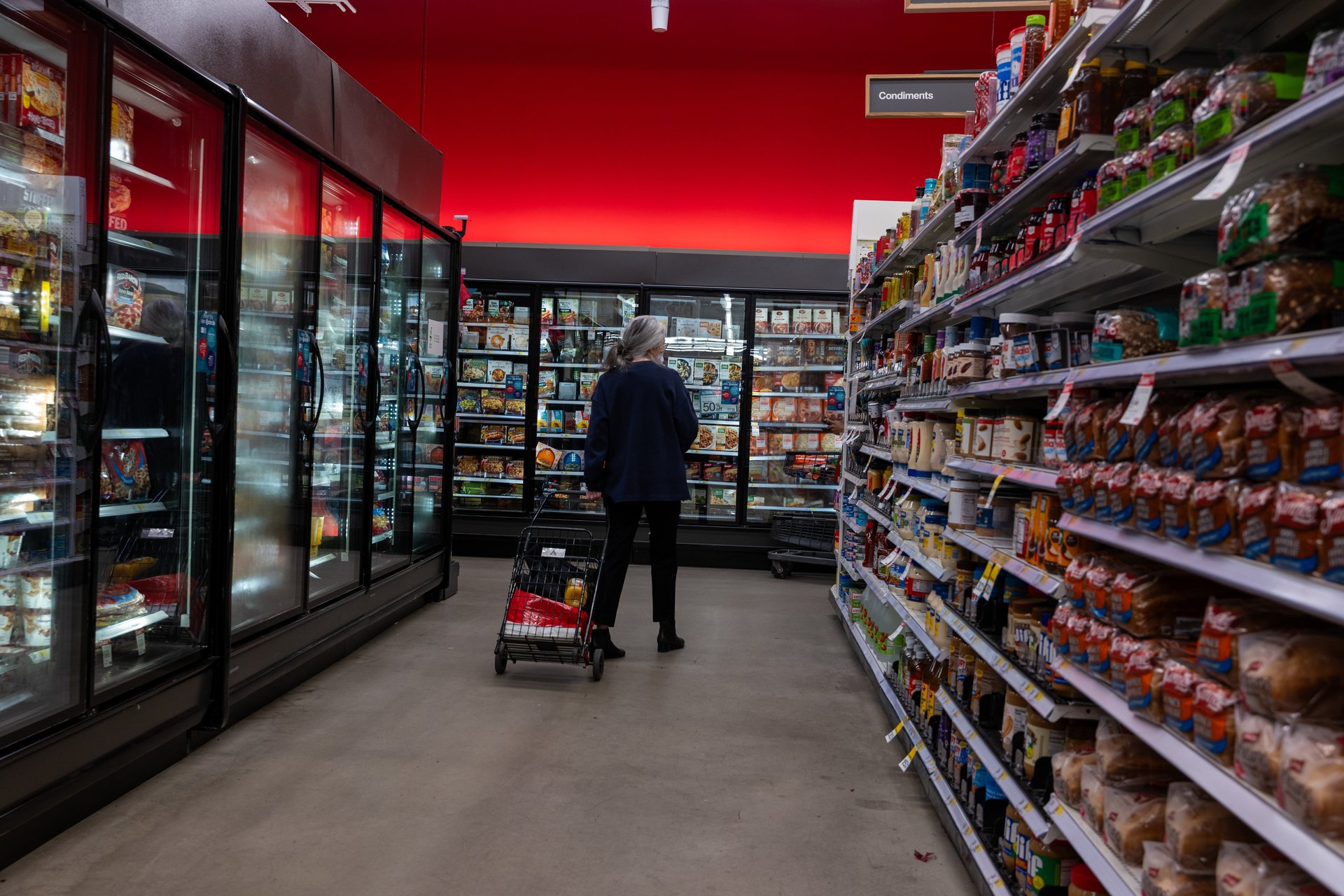Consumer confidence craters as recession fears grow
The downturn reflects rising concerns over inflation, interest rates, geopolitical instability, and abrupt policy changes

U.S. consumers are growing deeply uneasy.
Suggested Reading
According to preliminary data released Friday by the University of Michigan, consumer sentiment has declined 11% since March. This marks the fourth consecutive monthly decline and a 30% decrease since December 2024.
Related Content
Concerns growing regardless of political affiliation
Typically, consumer confidence shows a partisan tilt, with optimism rising under one’s preferred political party. However, the April decline was “pervasive and unanimous across age, income, education, geographic region, and political affiliation,” according to survey director Joanne Hsu. The downturn reflects rising concerns over inflation, interest rates, geopolitical instability, and abrupt domestic policy changes.
Many respondents cited trade and tariff developments as potential economic headwinds — though the data was collected before President Donald Trump’s latest tariff revisions, which paused levies on select countries while increasing them on Chinese imports.
2025 marks a sharp shift
“Consumers report multiple warning signs that raise the risk of recession,” Hsu noted, highlighting deteriorations in expectations for business conditions, household finances, incomes, inflation, and the labor market. Notably, the share of Americans expecting unemployment to rise in the year ahead has more than doubled since November 2024 and now sits at the highest level since 2009.
While sentiment remains above its mid-2022 lows, this abrupt downturn in early 2025 marks a sharp reversal from gains in more recent years — and a sign that American households are bracing for more economic turbulence ahead.
Corporate caution mirrors consumer mood
Recent warnings from top executives underscore the public’s growing unease. Amazon (AMZN) CEO Andy Jassy said new tariffs are already prompting many third-party sellers to raise prices and driving shoppers to stockpile.
Amazon is trying to soften the blow by stockpiling inventory and renegotiating supplier terms, but Jassy acknowledged that inflationary pressures are likely to ripple through the platform.
JPMorgan Chase (JPM) CEO Jamie Dimon cautioned that the economy is facing “considerable turbulence,” highlighting risks from “sticky inflation,” high fiscal deficits, elevated asset prices, and escalating “tariffs and ‘trade wars.’”
Appearing on CNBC (CMCSA) Friday, BlackRock (BLK) CEO Larry Fink echoed Dimon’s sentiments, saying that he expects a “slowdown” across the board, and that the U.S. may be in a recession soon — if it isn’t already.